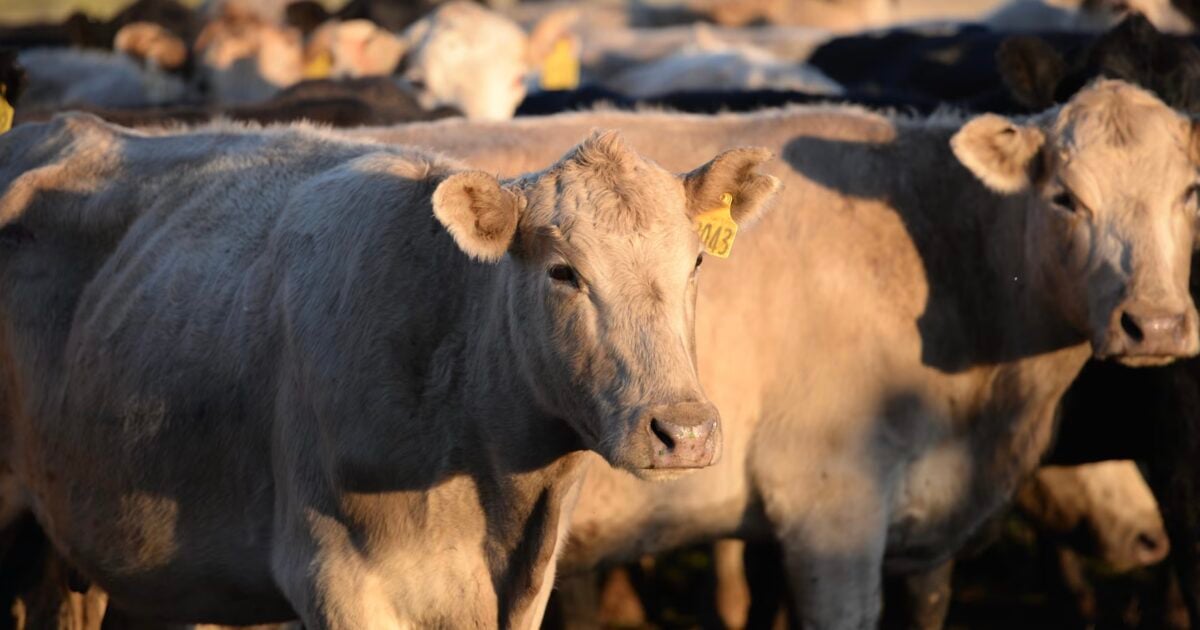

The Texas Department of State Health Services (DSHS) issued a health alert after confirming the first human case of the novel avian influenza A(H5N1) in the state.
The infected individual fell ill after coming into contact with dairy cows believed to be carrying the avian flu, with conjunctivitis being the primary symptom reported. This incident marks only the second time the avian influenza A(H5N1) virus has been identified in a human in the United States.
The case is linked to recent findings of the virus in dairy cows, as announced by the Texas Animal Health Commission.
In March 2024, testing for influenza was conducted on several animals in Texas and Kansas due to signs of illness. These animals included wild birds, cats, and dairy cows. Some of these tests returned positive for avian influenza A(H5N1), marking the first time the virus has been detected in cattle within the United States.
The Gateway Pundit previously reported that the U.S. Department of Agriculture (USDA), along with the Food and Drug Administration (FDA) and the Centers for Disease Control and Prevention (CDC), has reported that a Highly Pathogenic Avian Influenza (HPAI), initially detected in dairy cows in Texas and Kansas, has now spread to additional herds in Michigan, Idaho, and New Mexico.
Despite avian influenza A(H5N1) viruses rarely being transmitted from person to person, the risk to the general public is considered low. However, individuals with close contact with animals suspected of carrying the virus face a heightened risk of infection.
Healthcare providers should be alert to the possibility of avian influenza A(H5N1) in patients exhibiting flu-like symptoms and who have a history of exposure to potentially infected animals or unpasteurized milk from affected dairy farms.
Signs and symptoms to watch for include fever, cough, sore throat, nasal congestion, headaches, fatigue, eye redness, breathing difficulties, and gastrointestinal issues.
Severe cases of avian influenza A(H5N1) in humans have included serious complications such as pneumonia, respiratory failure, and even death.
More from DSHS:
Although this is an evolving situation, the risk to the general public is low. People can protect themselves against flu by washing their hands often, covering their coughs and sneezes, not picking up dead birds and animals, and staying home if sick.
Routine antiviral treatment, such as Tamiflu (oral oseltamivir), is known to be effective against flu. If you suspect you have influenza, discuss treatment options with your healthcare provider.
Milk and milk products provide numerous health benefits. However, raw unpasteurized milk can make people sick. Pasteurization is the process of heating milk to a high enough temperature for enough time to kill harmful germs in the milk, including all kinds of flu viruses. Milk sold in stores is required to be pasteurized and is safe to drink.
The post First Human Case of Highly Pathogenic Avian Flu Detected in Texas After Contact with Infected Dairy Cattle appeared first on The Gateway Pundit.